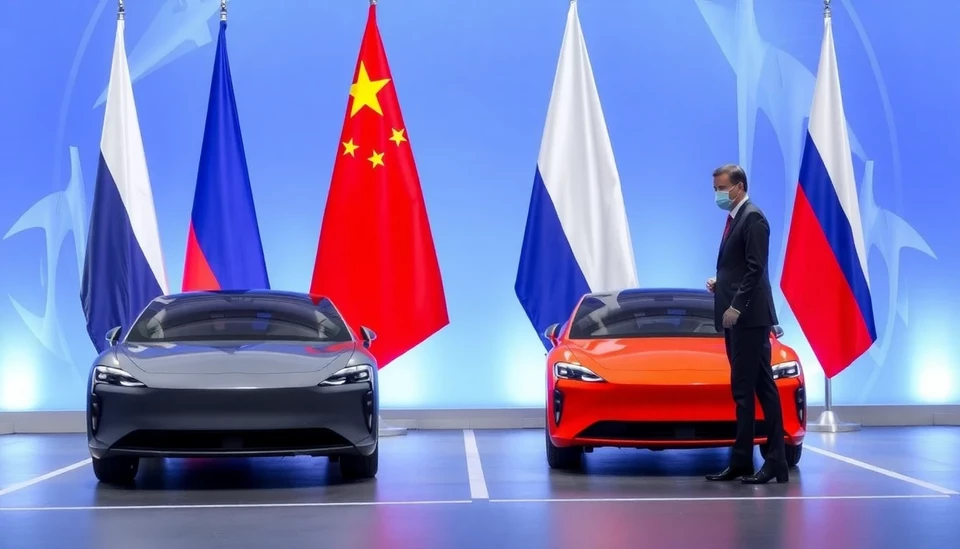
In a significant diplomatic move, China has reached out to the Czech Republic’s government, urging them to facilitate a solution to the ongoing tensions between Chinese electric vehicle (EV) manufacturers and the European Union (EU). This request comes amidst an escalating dispute that has implications for both trade and international relations in the automotive sector.
The backdrop of this conflict is rooted in the EU's recent actions aimed at regulating electric vehicle imports, particularly targeting Chinese brands. The EU has expressed concerns that many Chinese EVs are being sold at prices that undercut local manufacturers, leading to accusations of unfair trade practices. The Chinese government, on its part, insists that its industries are evolving fairly and competently, arguing that their competitive pricing reflects advancements in technology and efficiency rather than any form of market manipulation.
Chinese officials are now calling on the Czech administration to leverage its position within the EU framework to mediate and potentially ease the restrictions that have been imposed on Chinese electric vehicles. This appeal is designed not just to shield Chinese automotive interests but also to protect economic ties between China and the Czech Republic, which has traditionally enjoyed robust trade relations with China.
Notably, the energy transition is at the heart of this discussion, as both China and the EU are investing heavily in green technologies. Chinese EV companies, including giants like BYD and Nio, have been expanding their presence in European markets, driving competition and prompting reactions from local manufacturers who feel threatened by the influx of cheaper vehicles.
The Czech Republic's strategic position in Europe makes it a key player in these negotiations. As a member nation of the EU, its ability to influence policy or advocate for cooperation could be crucial in bridging the gap between the Chinese automotive industry and European regulators. The Chinese government has highlighted this potential, encouraging Czech officials to engage in dialogues with European counterparts to highlight concerns and suggest more equitable measures for EV market entries.
As the Czech Republic weighs its options, the outcome of this situation could have broader implications for EU-China relations. The EU will need to balance protecting its local industries while encouraging competition that can drive innovation and lower prices for consumers. On the other hand, Chinese automotive companies are eager to break through barriers that may threaten their growth potential in a rapidly evolving market.
This situation marks yet another instance of the complexities and interdependencies that characterize global trade, particularly in sectors central to the green economy. Both sides must navigate this landscape delicately, striving for resolutions that foster cooperation rather than conflict.
In summary, China's call for the Czech government to mediate in the EV dispute with the EU underscores the importance of diplomatic negotiations in a globalized economy, where national interests, international competition, and environmental goals intersect.
#China #CzechRepublic #EU #ElectricVehicles #InternationalRelations #TradeDispute #AutomotiveIndustry
Author: John Harris




